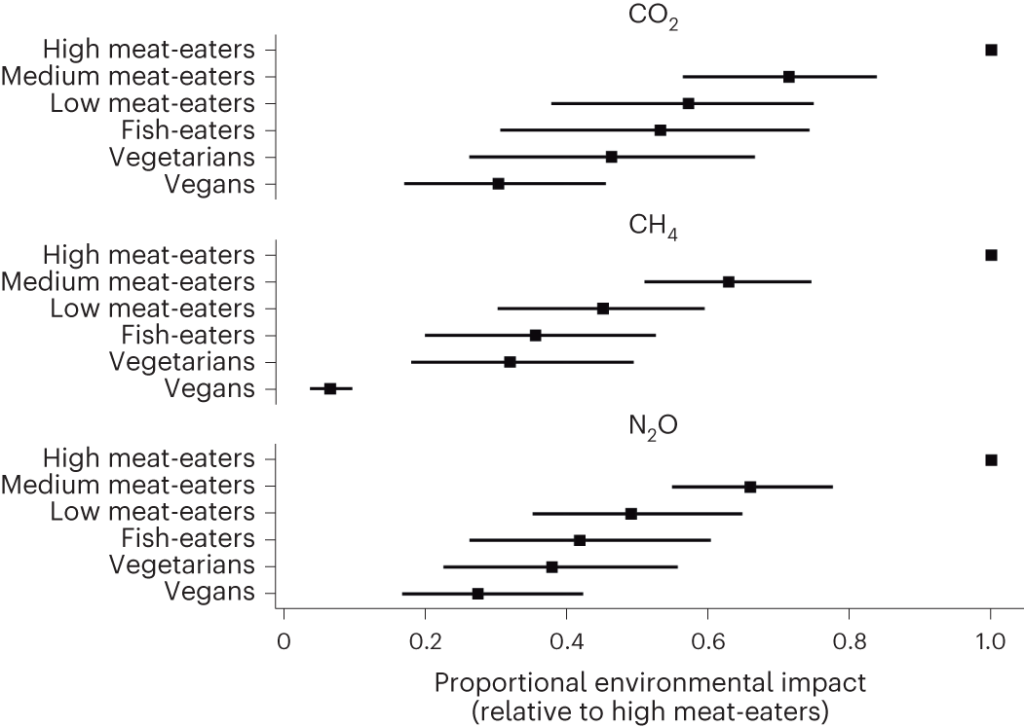A new report from La Trobe University shows that Australians believe reducing and going to a fully meat-free diet is ineffective in mitigating climate change and reported low willingness to engage in either behaviour.
The nationwide study surveyed over 700 Facebook users between the ages of 18 to 84 on their beliefs on climate change along with the impact of meat consumption on the environment and their meat intake.
While the study highlighted an increased awareness of the environmental impacts of meat-eating, its impact was rated significantly less than other pro-environmental behaviours, such as using public transport, recycling, and renewable energy.
Ashley Rattenbury, co-author and provisional psychologist from La Trobe University, commented on the disparity between Australians’ views on climate change and the connection to meat-based and meat-free diets.
“Although past research has shown that animal agriculture contributes significantly to greenhouse gas emissions, our participants believed reducing and eliminating meat intake to be some of the least effective actions against climate change,” Rattenbury said.
Study co-author Dr Matthew Ruby compared this survey to one conducted in 2003, which asked hundreds of Australians on their beliefs about barriers and benefits to a vegetarian dish.

Ruby noted that two thirds of respondents for the 2023 La Trobe survey identified limited options when dining out as a barrier to vegetarian diets, compared to one third in the 2003 study, despite the significant amount of vegetarian options available now compared to the past.
“We hope the findings of this study can help shed light on the disconnect between research and public knowledge and subsequently, how to bridge this gap,” Rattenbury said.
The environmental impact of meat-free diets
Research has shown a scientific correlation between human eating habits and climate change.
A recent report from the University of Oxford showed that vegan diets resulted in 75% less climate-heating emissions, water pollution, and land use than diets including over 100g of meat per day. Vegan diets were also shown to decrease the destruction of wildlife by 66% and water use by 54%.

In contrast to past studies using model diets and average values for the impact of each food type, the Oxford report analysed the real diets of 55,000 people in the UK. It also used data from 38,000 farms in 119 countries to account for differences in the ways and places certain foods are produced and the resulting impact.
To stay up-to-date on the latest industry headlines, sign up to Future Alternative’s enewsletter.
Posted on:


